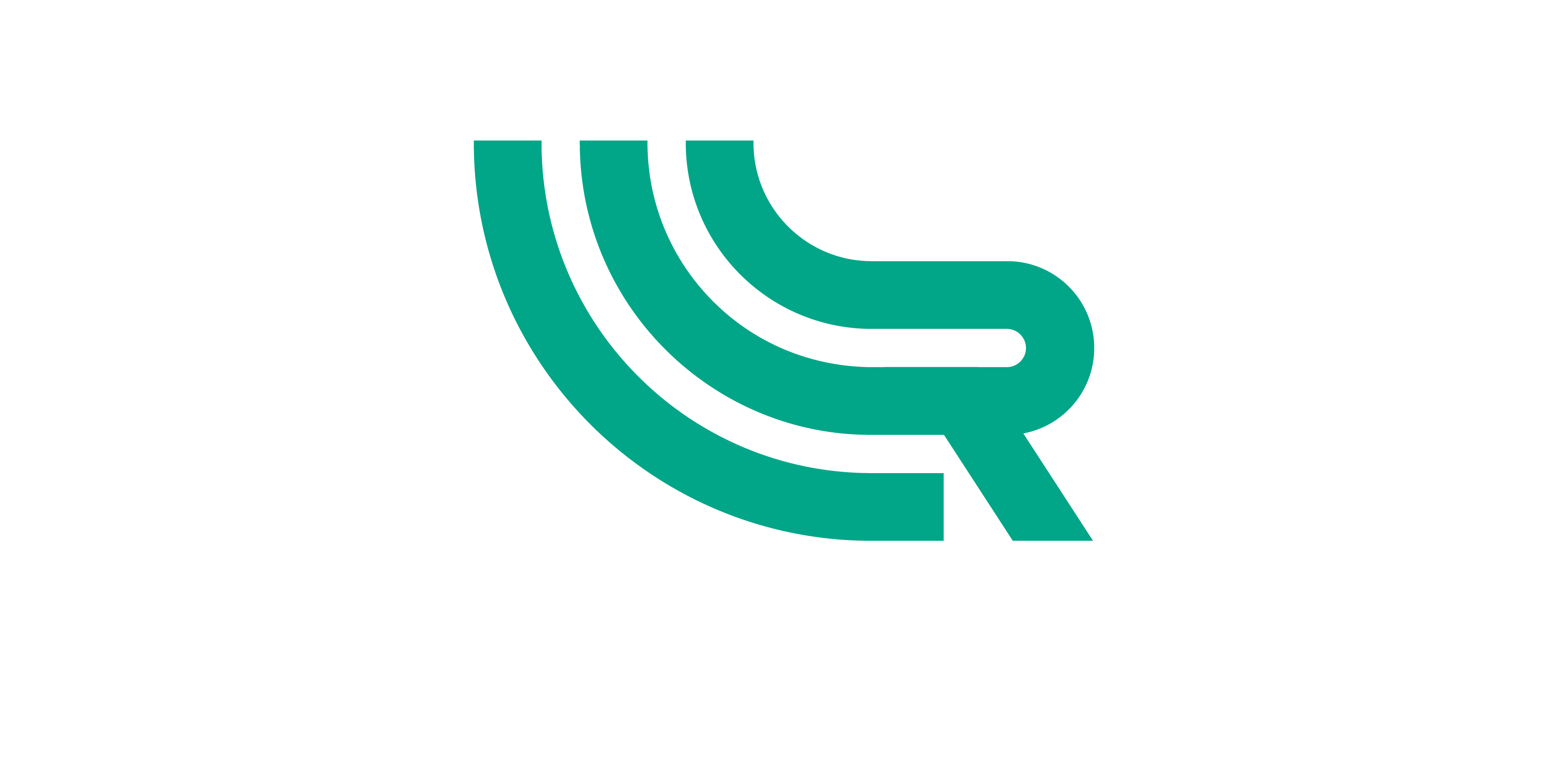In recent years, digital marketing has undergone a profound transformation, propelled by the rapid advancement of digital technologies. Across the globe, businesses are increasingly turning to digital marketing as a means to reach and engage with their target audiences in more personalized and impactful ways.
In Africa, this trend is particularly pronounced, as the continent experiences unprecedented growth in internet usage, smartphone adoption, and digital connectivity. However, amidst this digital revolution, businesses face a myriad of challenges that can hinder the effective implementation of digital marketing strategies. From limited internet connectivity and infrastructure to socio-economic disparities and regulatory hurdles, navigating the digital marketing landscape in Africa requires a nuanced understanding of the unique challenges and opportunities present in this dynamic region.
In this article, we will explore the key challenges of digital marketing in Africa, examine their implications for businesses operating on the continent, and discuss strategies for overcoming these hurdles to unlock the full potential of digital marketing in Africa’s burgeoning markets.
Limited Internet Connectivity and Infrastructure

Limited internet connectivity and infrastructure pose significant challenges to the effective implementation of digital marketing strategies in Africa. Despite the continent’s rapid technological advancement, disparities in internet access persist, creating a digital divide between regions with robust connectivity and those with limited access to digital technologies.
African countries exhibit significant variations in internet penetration rates, with urban areas generally enjoying better connectivity than rural regions. Moreover, discrepancies in infrastructure development contribute to unequal access to reliable and affordable internet services across the continent. In many rural areas, the lack of adequate infrastructure, including telecommunications networks and internet service providers, hampers efforts to connect residents to the digital world.
The challenges of limited internet connectivity and infrastructure have profound implications for digital marketing strategies in Africa. Businesses must contend with the reality that a significant portion of the population may have restricted access to the internet, limiting the reach and effectiveness of online campaigns. Moreover, unreliable internet connections and low bandwidth can impede the delivery of rich media content, such as videos and interactive experiences, diminishing the impact of digital marketing efforts.
To address these challenges, businesses must adopt innovative strategies tailored to the African context. This may involve optimizing digital assets for low bandwidth environments, prioritizing lightweight content formats, and exploring alternative marketing channels that do not rely heavily on internet connectivity. Additionally, partnerships with local telecommunications providers and investment in infrastructure development initiatives can help expand internet access to underserved communities, thereby broadening the reach of digital marketing campaigns.
Socio-Economic Factors
Income Disparities
In Africa, there exists a wide spectrum of income levels, ranging from affluent urban populations to impoverished rural communities. These income disparities have significant implications for consumer purchasing power and behaviour. While some segments of the population may have disposable income to spend on luxury goods and services, others may struggle to afford necessities.
This diversity in purchasing power poses a challenge for businesses seeking to implement digital marketing strategies that resonate with their target audience across the socio-economic spectrum.
Cultural Diversity

Africa is home to a rich tapestry of cultures, languages, and traditions, with each country and region boasting its own unique cultural identity. This diversity is further compounded by the presence of multiple ethnic groups within individual countries.
As a result, digital marketers face the daunting task of navigating this cultural and linguistic mosaic to effectively engage with their target audience. Failure to account for cultural nuances and linguistic preferences can lead to miscommunication or alienation of potential customers.
The socio-economic landscape of Africa has profound implications for how digital marketing campaigns are targeted and tailored. Marketers must carefully segment their target audience based on socio-economic factors such as income level, education, and urbanization status. Additionally, they must employ localization strategies to ensure that their messaging resonates with diverse cultural and linguistic groups.
This may involve creating language-specific content, incorporating culturally relevant imagery, and adapting marketing tactics to align with local customs and preferences. By understanding and addressing the socio-economic factors at play, businesses can develop more effective digital marketing campaigns that connect with their target audience on a deeper level.
Lack of Digital Marketing Skills and Education

In Africa, there is a significant gap in digital skills and education that poses a considerable challenge for businesses looking to implement effective digital marketing strategies. While digital technology adoption is on the rise, many individuals and organizations lack the necessary knowledge and expertise to leverage these tools effectively.
One of the primary challenges is the limited availability of formal digital marketing education and training programs across the continent. Many educational institutions do not offer specialized courses or degrees in digital marketing, leaving aspiring marketers with few opportunities to acquire relevant skills and knowledge. Additionally, the quality of digital marketing education varies widely, with some programs failing to keep pace with the rapidly evolving digital landscape.
Furthermore, there is a shortage of experienced digital marketing professionals in Africa, particularly in specialized areas such as search engine optimization (SEO), pay-per-click (PPC) advertising, and social media marketing. This scarcity of skilled professionals makes it challenging for businesses to find and retain talent capable of executing effective digital marketing campaigns.
The lack of digital skills and education also extends to small and medium-sized enterprises (SMEs), many of which lack the resources and expertise to invest in digital marketing initiatives. Without access to trained professionals or educational resources, these businesses struggle to compete in the digital marketplace and may be left behind by more digitally savvy competitors.
To address the challenge of a lack of digital skills and education, businesses and educational institutions must work together to develop comprehensive digital marketing training programs. These programs should cover a range of topics, including digital marketing fundamentals, best practices, and emerging trends. Additionally, businesses can invest in upskilling their existing workforce through workshops, seminars, and online courses.
Regulatory and Legal Hurdles
Navigating the regulatory and legal landscape presents a significant challenge for digital marketing in Africa. While digital technologies offer unprecedented opportunities for businesses to connect with consumers, they also bring about complex regulatory frameworks and legal considerations that must be carefully navigated.
One of the primary challenges is the lack of uniformity in regulatory frameworks across African countries. Each country may have its own set of laws and regulations governing digital marketing practices, including data protection, privacy, and consumer rights. This fragmentation can create compliance challenges for businesses operating across multiple jurisdictions, requiring them to stay abreast of a patchwork of regulations and adapt their strategies accordingly.
Furthermore, many African countries lack robust data protection laws and regulatory enforcement mechanisms, leaving consumers vulnerable to privacy breaches and data misuse. This lack of legal protections can erode consumer trust and confidence in digital marketing channels, undermining the effectiveness of marketing campaigns and stifling innovation in the digital marketplace.
Additionally, businesses must contend with evolving regulatory landscapes and emerging legal challenges, such as the rise of new technologies like artificial intelligence (AI) and the Internet of Things (IoT). These technologies present novel legal and ethical considerations, including issues related to algorithmic bias, data privacy, and intellectual property rights, which must be addressed proactively to avoid legal disputes and reputational damage.
To overcome regulatory and legal hurdles, businesses must prioritize compliance and adopt a proactive approach to regulatory risk management. This may involve conducting thorough legal assessments of digital marketing activities, implementing robust data protection measures, and establishing clear policies and procedures for handling consumer data.
Infrastructure and Logistics
Infrastructure and logistics pose significant challenges to the effective implementation of digital marketing strategies in Africa. While the continent has made strides in improving its physical infrastructure, including roads, ports, and telecommunications networks, many regions still face logistical bottlenecks that hinder the seamless delivery of digital marketing initiatives.
One of the primary challenges is the inadequate physical infrastructure, particularly in rural and remote areas. Poor road networks, limited transportation options, and unreliable electricity supply can hamper the distribution of goods and services, as well as the delivery of digital marketing materials such as promotional materials and products purchased online.
Moreover, the last-mile delivery problem remains a persistent issue in many African countries. Delivering products to customers’ doorsteps in urban and rural areas alike can be challenging due to inadequate addressing systems, congested urban environments, and security concerns. This logistical complexity can result in delays and disruptions that impact customer satisfaction and undermine the effectiveness of digital marketing campaigns.
Furthermore, the digital divide exacerbates infrastructure and logistics challenges, as regions with limited internet connectivity and access to digital technologies face additional barriers to participating in the digital marketplace. Businesses must contend with disparities in internet access and smartphone penetration, which can limit the reach of digital marketing campaigns and hinder customer engagement.
To address infrastructure and logistics challenges, businesses can leverage technology and innovation to improve efficiency and effectiveness. This may involve adopting advanced logistics solutions such as route optimization software, GPS tracking systems, and inventory management tools to streamline operations and enhance delivery capabilities.
Additionally, partnerships with local logistics providers and government agencies can help businesses overcome logistical barriers by leveraging existing infrastructure and expertise. Collaborative initiatives aimed at improving transportation networks, expanding internet connectivity, and addressing last-mile delivery challenges can create a more conducive environment for digital marketing success.
Cultural and Linguistic Diversity
Cultural and linguistic diversity present both opportunities and challenges for digital marketing in Africa. With over 2,000 languages spoken across the continent, Africa boasts a rich tapestry of cultures, traditions, and identities. However, this diversity can complicate efforts to create marketing campaigns that resonate with diverse audiences and effectively communicate brand messages.
One of the primary challenges is the need to tailor marketing campaigns to the cultural preferences and linguistic nuances of different target audiences. What may resonate with one cultural group or linguistic community may not necessarily appeal to another, requiring marketers to adopt a nuanced approach to content creation and messaging.
Moreover, cultural sensitivities must be carefully considered to avoid inadvertently offending or alienating potential customers. Cultural taboos, religious beliefs, and social norms vary widely across Africa, making it essential for marketers to conduct thorough research and engage with local communities to ensure that their messaging is culturally appropriate and respectful.
Furthermore, linguistic diversity poses logistical challenges for digital marketing campaigns, particularly in regions where multiple languages are spoken. Marketers must determine which languages to prioritize based on the demographics of their target audience and develop language-specific content that resonates with each linguistic community.
Despite these challenges, cultural and linguistic diversity also presents opportunities for businesses to connect with consumers on a deeper level and build strong, lasting relationships. By embracing diversity and inclusivity in their marketing efforts, businesses can demonstrate their commitment to respecting and celebrating the unique identities and experiences of African consumers.
To navigate the complexities of cultural and linguistic diversity, businesses can leverage localization strategies to adapt their marketing campaigns to different cultural contexts and language preferences. This may involve translating content into local languages, incorporating culturally relevant imagery and symbols, and collaborating with local influencers and community leaders to amplify brand messages.
Limited Access to Financial Services

Limited access to financial services poses a significant challenge for digital marketing in Africa. Despite the continent’s growing digital infrastructure and technological advancements, a significant portion of the population remains unbanked or underbanked, lacking access to formal banking services such as savings accounts, credit facilities, and electronic payment systems.
This lack of financial inclusion limits the ability of businesses to engage with consumers through digital channels effectively. Without access to formal banking services, many African consumers are unable to participate in e-commerce transactions, make online purchases, or engage with digital payment platforms. As a result, businesses face barriers to monetizing their digital marketing efforts and driving conversions through online channels.
Moreover, the absence of robust financial infrastructure and electronic payment systems complicates the implementation of digital marketing strategies such as online advertising, e-commerce, and mobile payments. Businesses must contend with cash-based economies, inefficient payment processing systems, and limited access to secure and reliable digital payment solutions, hindering the seamless execution of digital marketing campaigns.
To address the challenge of limited access to financial services, businesses can explore alternative payment solutions and innovative fintech platforms tailored to the African market. Mobile money services, for example, have gained traction as a popular payment method in many African countries, enabling consumers to conduct financial transactions using their mobile phones.
Additionally, businesses can collaborate with financial institutions, fintech startups, and government agencies to promote financial literacy and expand access to formal banking services. Initiatives aimed at promoting digital literacy, facilitating digital payments, and improving financial infrastructure can help bridge the gap between unbanked populations and the digital economy, creating new opportunities for businesses to engage with consumers and drive growth in Africa’s evolving marketplace.
In conclusion, digital marketing in Africa presents a myriad of challenges, ranging from limited internet connectivity and infrastructure to socio-economic disparities, regulatory hurdles, and cultural diversity. Despite these challenges, businesses have an opportunity to leverage digital technologies to reach and engage with consumers in Africa’s dynamic and rapidly evolving markets.
Ultimately, digital marketing has the potential to revolutionize the way businesses connect with consumers in Africa, empowering businesses to reach new audiences, drive engagement, and unlock new growth opportunities. By embracing the challenges and opportunities of digital marketing in Africa, businesses can position themselves for success in the digital age and contribute to the ongoing transformation of Africa’s digital landscape.
Contact Digital Reach Consult today for all online marketing needs. We would love to hear from you.



